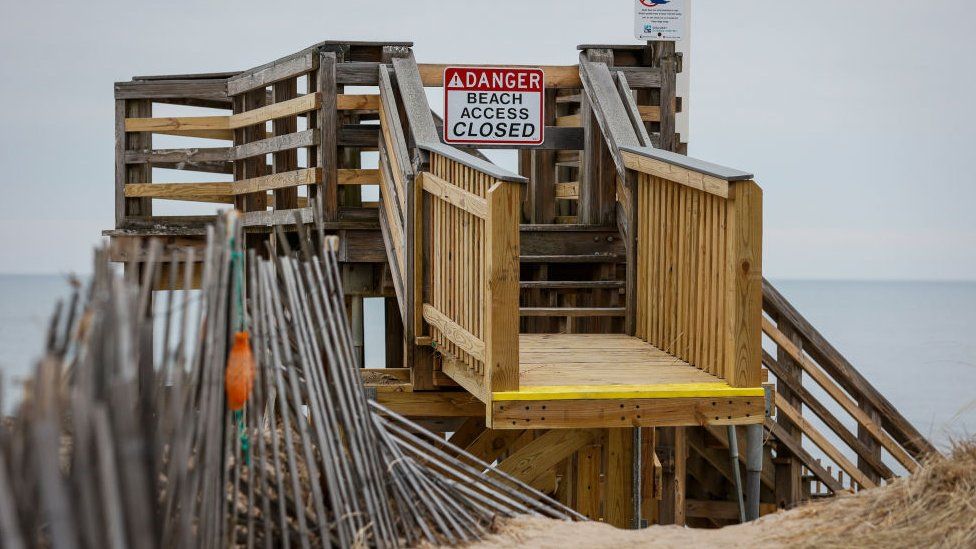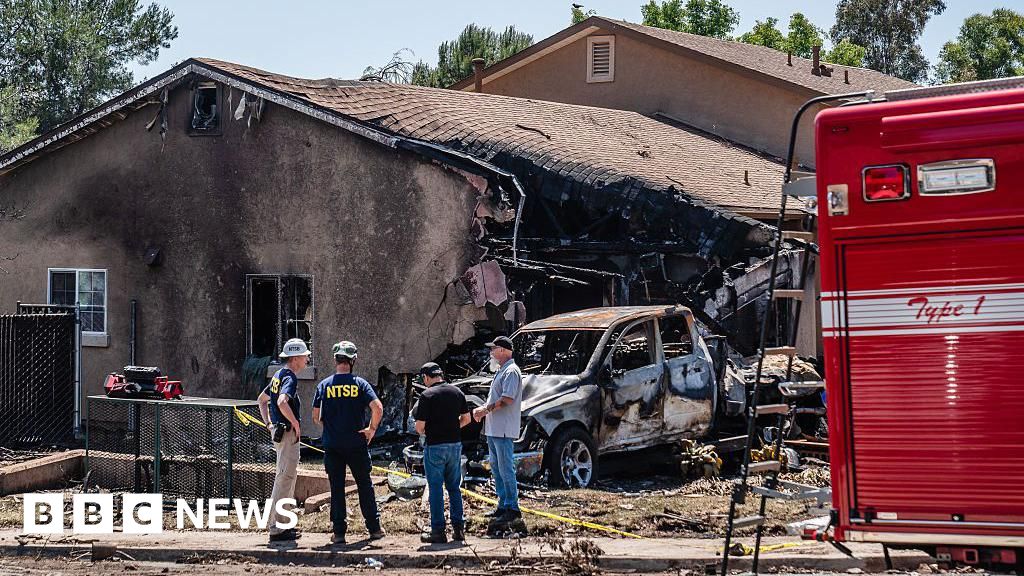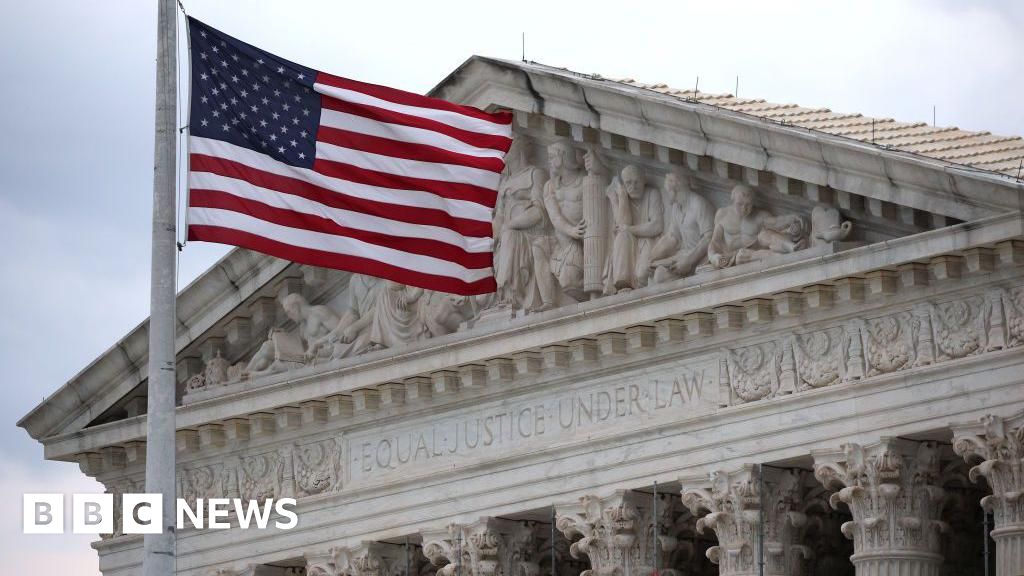ARTICLE AD BOX
 Image source, Getty Images
Image source, Getty Images
The Massachusetts town of Salisbury has repeatedly been damaged by storms.
By Bernd Debusmann Jr
BBC News
A group of wealthy US homeowners spent nearly $600,000 to build "protective" sand dunes near their properties - only to have the barriers wash away in days.
The group in Salisbury, Massachusetts, trucked in about 14,000 tonnes of sand which it claims protected as many as 15 homes before being washed away.
Residents now hope the state will help fund a more permanent solution to safeguard their seaside homes.
About 9,000 people live in Salisbury, near the New Hampshire border.
In a Facebook post, Salisbury Beach Citizens for Change said that a total of $565,000 (£441,740) was collected from property owners, resulting in the placement of 14,000 tonnes of sand.
Just days and a single large storm later, much of the barrier had washed away. In a separate post, the group said that the dunes prevented 10 to 15 houses from being "eaten up".
"The sacrificial dunes did their job," the group said. "The shock was it happened 3 days after the project was finished."
Salisbury resident Joe Rossitto was quoted by a local NBC affiliate as saying that local homeowners are "spitting into the wind".
The group now hopes that the state of Massachusetts - which regulates the beach - will help find a long-term solution to the issue.
"Our feeling is if you regulate something, you have to be accountable and maintain it," the group wrote. "The residents that repaired the dune in front of their property actually helped both the city and the state. Now it's their turn to step up to the plate."
The homeowners group now places to establish snow fencing and plant dune grass, which could help prevent sand from blowing away in the future. The project is expected to cost at least $1.5m, although at the moment it is unclear where the money will come from.
"Sacrificial sand buys time, but it does not buy permanence," Republican Massachusetts Senator Bruce Tarr told NBC. "Obviously, this has been a very difficult year, we haven't been able to stay ahead of it, but we need to continue to work together and use the tools that are available."
The group, however, has faced criticism for the project.
"Throw down all the sand you want," one man commented on Facebook. "Mother nature decides how long it will protect your homes."
According to a report released by the Federal Emergency Management Agency (FEMA) last year, about one in four Americans live in coastal areas that are "highly vulnerable to natural disasters".

 1 year ago
28
1 year ago
28








 English (US) ·
English (US) ·